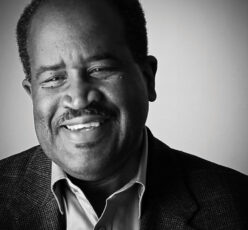

Paperback $18.00
Request Exam or Desk Copy. Request Review Copy
Spirit Boxing
In this kinetic 11th collection, Weaver draws on his years as a "worker poet" to find the nightmarish urgencies in lives of quiet desperation: "shears cutting shiny tin into thin plates/ fast enough to cut the bone away so cleanly// a man has to remember to scream." Weaver's practice in taijiquan (tai chi), which references eight central energies in a circular arrangement of the universe, becomes an apt metaphor for the wheels of production and the repetition of workers' nights and days; the heart of the collection is with in-between moments, in break rooms where self-declared white hillbillies can commiserate with African-American workers, where diverse realms of experience mingle, "ringing out truth's raw gospel." At times Weaver is unabashedly sentimental, and his empathy is a narrative strength as he investigates the life of a weary hardware store owner, a mother pushing her son's wheelchair like a carriage, and the two old men who can love one another "in a small town where/ their oddness is safe." Craftsmanlike in the best sense, mimetic of the textures and processes of assemblage, Weaver's language is at its most transcendent in fusions of the technical and the numinous: "Geometry makes the soul of machines,/ a hypotenuse connecting the dark corners/ where wheels seethe with envy of wings.

